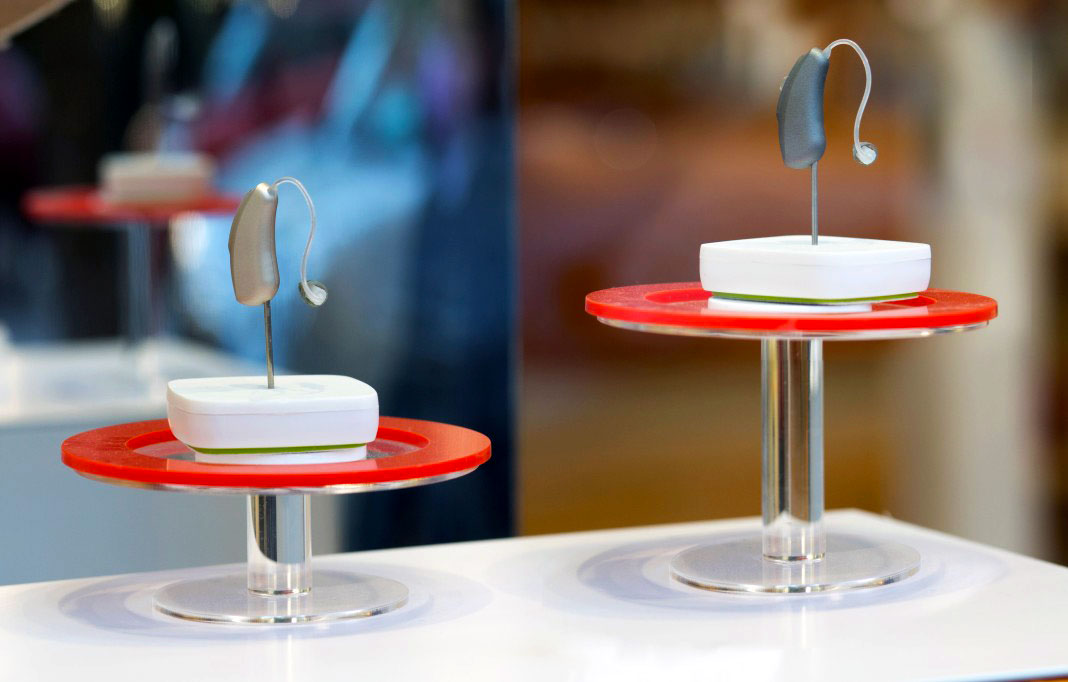
It doesn’t matter if you are an existing hearing aid user or are looking into getting a pair for your first time; being educated is a crucial aspect. Hearing aids are an important investment, so knowing as much as you can help prepare you and help you get the most out of your hearing aids. One important aspect is knowing when is the proper time to replace your hearing aids. Replacing hearing aids is something you will have to do eventually along the way, but it is essential to know how long they last and what variables can affect the lifespan of your hearing aids.
Replacing hearing aids is something that generally needs to be done every 4 to 6 years. However, there are varying factors that could shorten or extend the life span of your hearing aid, so it is crucial that you are aware of the factors so you can make the most out of your investment.